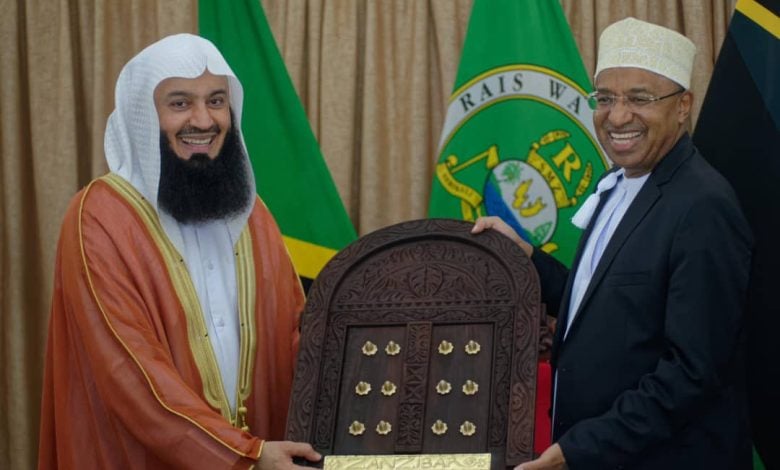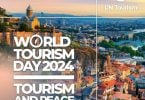Banking on its rich cultural and historical heritage, the Zanzibar government is attracting foreign and local tourist companies to invest, develop, and promote halal products and services to attract more tourists, mainly from Islamic states.
Halal tourism targets Muslim families who abide by the rules of Islam and the concepts that refer to actions, behavior, and norms allowed under the teachings of Islam.
Halal applies to foods and various aspects of life, including finance, clothing, and behavior. Halal tourism is expected to make Zanzibar the leading tourist destination in East Africa, where all groups of people will enjoy their holidays.
Prominent Muslim preacher Mufti Ismail ibn Musa Menk from Zimbabwe visited Zanzibar late this last week then opened doors for Halal Tourism and promoted the island for Halal Tourism based on peace, love, decent dressing, and hospitality.
Zanzibar Minister for Tourism and Heritage Mr. Mudrik Soraga said the Isles government is set to review the Zanzibar Tourism Policy, aiming to accommodate Halal Tourism and then develop the island to become a leading tourist destination in Africa for cultural and heritage tourists
Halal tourism caters to Muslim families by offering alcohol-free hotels, separate swimming pools and spa facilities for men and women, halal food options, and prayer facilities in rooms and communal areas.
Zanzibar president Dr. Hussein Mwinyi said that Halal Tourism allows visitors to learn about religious practices while enjoying the country’s natural beauty, historical heritage, culture, and hospitality.
“We aim to make Zanzibar a place where everyone can enjoy their holiday or conference peacefully, regardless of their religion, ethnicity, or background,” he said, noting the economic benefits of tourism for the region.
Dr Mwinyi has underlined Zanzibar’s growing reputation as a premier destination for international conferences.
The Minister for Tourism and Heritage has expressed the government’s commitment to promoting sustainable tourism ahead of the third edition of the Zanzibar Tourism and Investment Show, scheduled for October 25 and 26 this year.
President Hussein Mwinyi is expected to officiate the opening of the grand show and underscore Zanzibar’s commitment to sustainable development and cultural preservation.
More than 250 investors, tour operators, and other stakeholders from around the world are expected to participate in the two-day event, showcasing their tourist products and services.
The exhibition’s main objectives have been to promote Zanzibar as a key tourism destination, connect industry stakeholders, and highlight available investment opportunities on the island.
Zanzibar is part of the Swahili Coast. Swahili is the language this island speaks, and it is very similar to the Arabic cultural heritage that the island has inherited since 1698 under the Sultanate of Oman.
Stone Town is the leading heritage site in Zanzibar, which attracts many tourists with its rich historical attractions, which include old buildings with beautiful features of past Arabic architecture.
The architecture of the old building at the Stone Town reflects the diverse historical influences of the Arab, Persian, British, and Indian cultures, which created the Swahili culture, making the area unique in East Africa.























